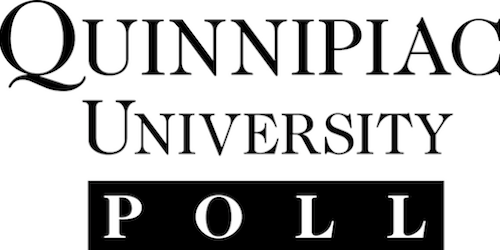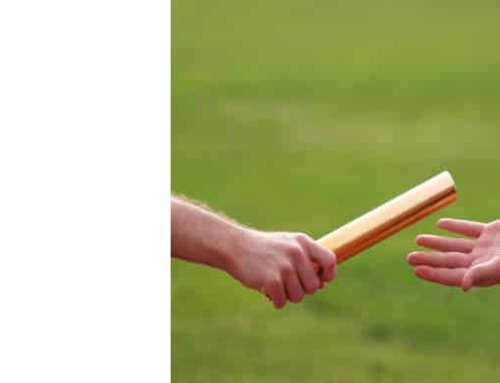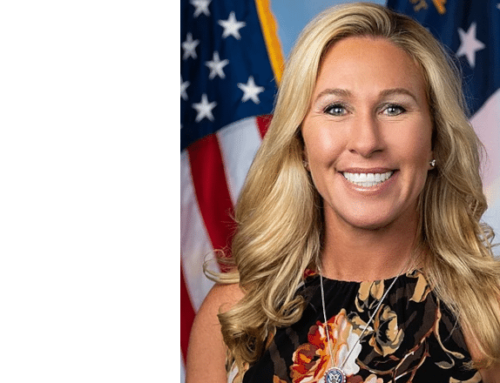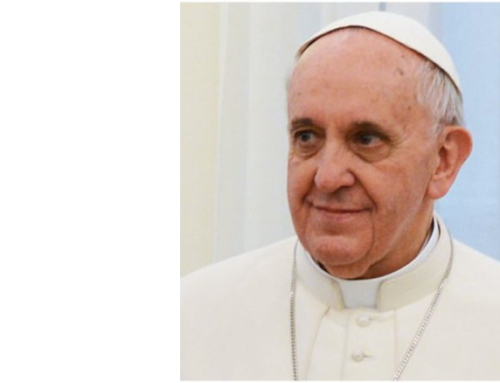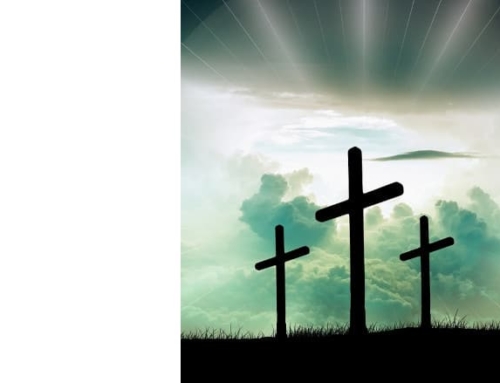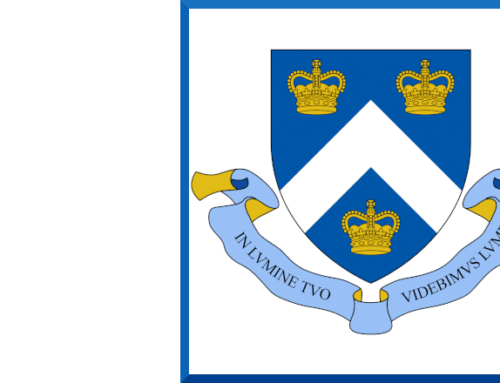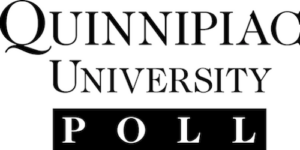
The media are ecstatic: Catholics are pro-gay marriage. Indeed, Peter A. Brown, the assistant director of the Quinnipiac University Polling Institute, says, “Catholic voters are leading American voters toward support for same-sex marriage.” His conclusion is based on the finding that Catholic voters favor gay marriage, 54-38 percent, while the figures nationally are 47-43 percent.
Leaving aside the not insignificant fact that the sample size of Catholics was a mere 497, with a margin of error of plus or minus 4.4 percent, there is something so bizarre—that would be the kind word—about a much more problematic methodological issue: Quinnipiac asked Catholic voters 14 questions on issues of interest to them, and on all but one the survey disaggregated the answers on the basis of church attendance. The one exception was on same-sex marriage.
In other words, we know how Catholics think on issues ranging from celibacy to whether the new pope should come from the U.S. or not; we also know how they split on these subjects on the basis of church attendance. But all we know about the issue that is receiving top billing in the media—gay marriage—is the aggregate figure.
This takes on added significance when we consider that 4 in 10 of the Catholics sampled do not practice their religion (28 percent go to church “a few times a year” and 11 percent say they “never” attend). That these nominal Catholics are precisely the biggest fans of gay marriage is a sure bet, though the poll fails to disclose the results.
The Quinnipiac Polling Institute has some explaining to do.


